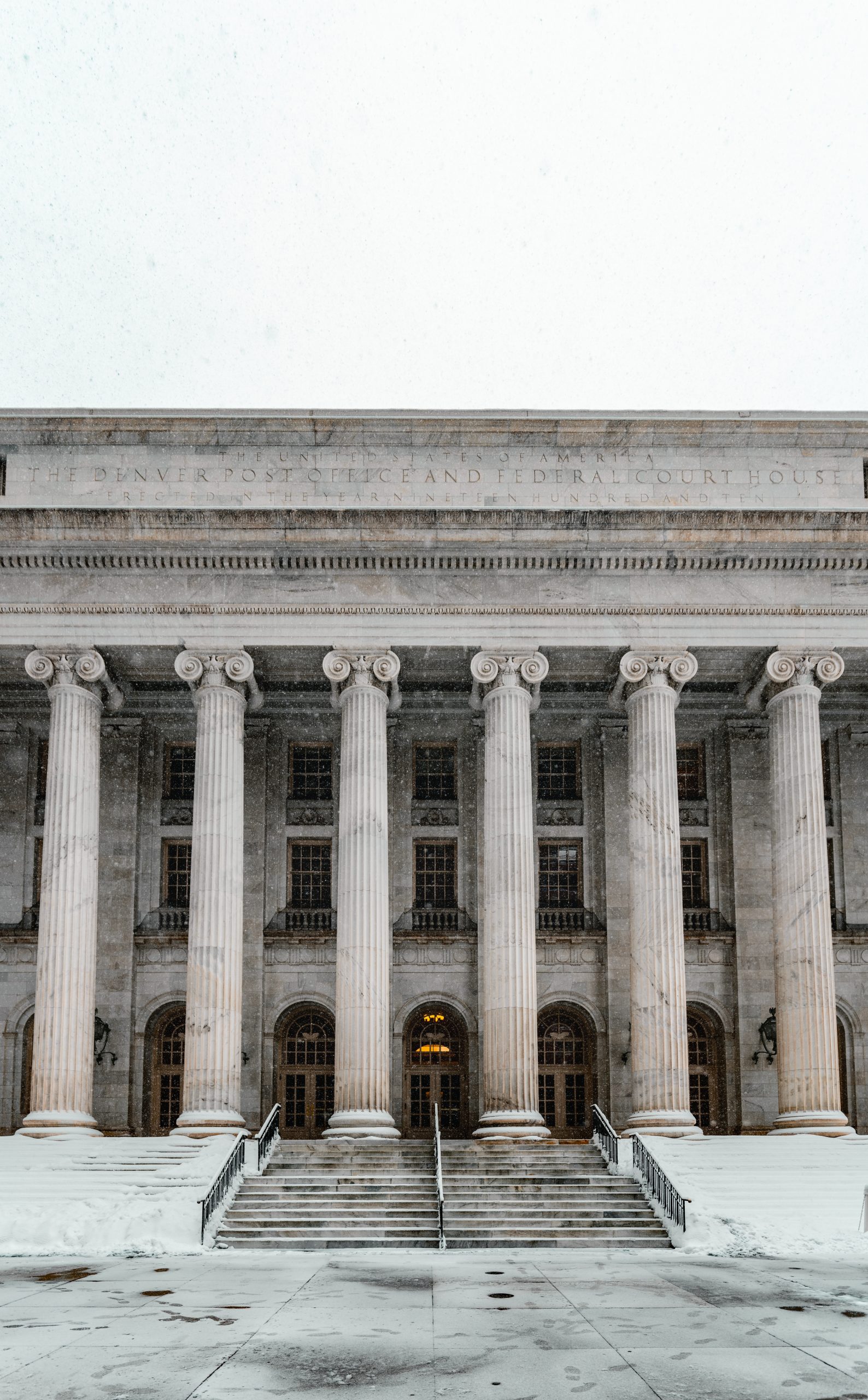Justice Antonin Scalia’s passing on Saturday has been the talk of the political and legal community over the past 48 hours. Justice Scalia joined the Supreme Court in 1986 after being appointed by President Ronald Reagan. Now, President Obama will have the opportunity to appoint a successor and alter the conservative majority on the Court. President Obama has already appointed two Justices to the Supreme Court, Justice Sonia Sotomayer and Justice Elena Kagan.
Senate Majority Leader Mitch McConnell called for the the delay of the appointment until after the next Presidential election. Article II of the U.S. Constitution gives the power to appoint members of the Supreme Court to the President, with the advice and consent of the Senate. The media speculation over the past two days has been whether the Senate would block President Obama’s appointment in order to attempt to maintain the conservative majority.
There has already been extensive analysis of the key upcoming cases where the Court was expected to be heavily divided and now may yield a different result or one lacking precedential value. There is one upcoming False Claims Act case this term, Universal Health Services v. U.S. ex rel. Escobar. The case deals with the validity of implied certification as a theory of liability under the False Claims Act.
Justice Scalia did not run from controversy, imparting his own rebuke of the use of legislative history throughout judicial opinions during his time on the Court. So we thought it worth taking a minute to look at his opinions concerning whistleblower law and the False Claims Act over the years.
Majority Opinions
Justice Scalia wrote the opinion in Vermont Agency of Natural Resources v. United States ex rel. Stevens, which presented the question of whether a private individual could bring a lawsuit under the False Claim Act against a State or state agency. The Court reversed the Second Circuit and held that an individual could not subject a State or state agency to liability.
Justice Scalia also delivered the opinion for the Court in the 2007 False Claims Act case Rockwell International Corp v. United States covering the original source requirement following a public disclosure.
Concurring Opinions
In Lawson v. FMR LLC, Justice Scalia wrote an opinion concurring in principal part and concurring in the judgment. Scalia focused on the text and context of 18 U.S.C. § 1514A in concluding that employees of private contractors reporting fraud were protected by the Sarbanes Oxley Act’s whistleblower protections.
In Graham County Soil and Water Conversation District v. U.S. ex rel. Wilson, Justice Scalia joined the majority opinion written by Justice Stevens , and wrote an opinion concurring in part (except for Part IV) and concurring in the judgment. Justice Scalia disagreed with the use of the legislative history in the majority opinion. The Court concluded that disclosures by state and local sources were included within the public disclosure bars language concerning administrative reports, audits and investigations.
Other Decisions
In KBR v. U.S. ex rel. Carter (2015), on the application of the Wartime suspension of Limitations Act (WLSA) to the False Claims Act and the meaning of pending action within the first-to-file bar, the opinion was written by Justice Alito for a unanimous Court.
In Allison Engine Co., Inc., v. U.S. ex rel. Sanders (2008), Justice Alito once again delivered the opinion for a unanimous Court.
In Cook County, Ill. v. U.S. ex rel. Chandler, Justice Scalia joined the unanimous opinion written by Justice Souter holding that local governments are persons subject to qui tam actions under the False Claims Act.
In Schindler Elevator Corp. V. U.S. ex rel. Kirk, Justice Scalia joined the opinion of the Court written by Justice Thomas concluding that a written response by a federal agency under the Freedom of Information Act is a report under the public disclosure bar.
Justice Scalia joined in the majority opinion written by Justice Thomas in Graham County Soil & Water Conservation District v. U.S. ex rel. Wilson (2005), which held that the False Claims Act’s six year statute of limitations does not apply to § 3730(h) retaliation claims and that the most closely analogous state statute of limitations applies.
Justice Scalia also joined the majority opinion written by Chief Justice Roberts in Department of Homeland Security v. MacLean (2015), which upheld the Federal Circuit decision protecting the whistleblower against retaliation.
For additional information about one or more of these decisions, please contact our False Claims Act attorneys.


